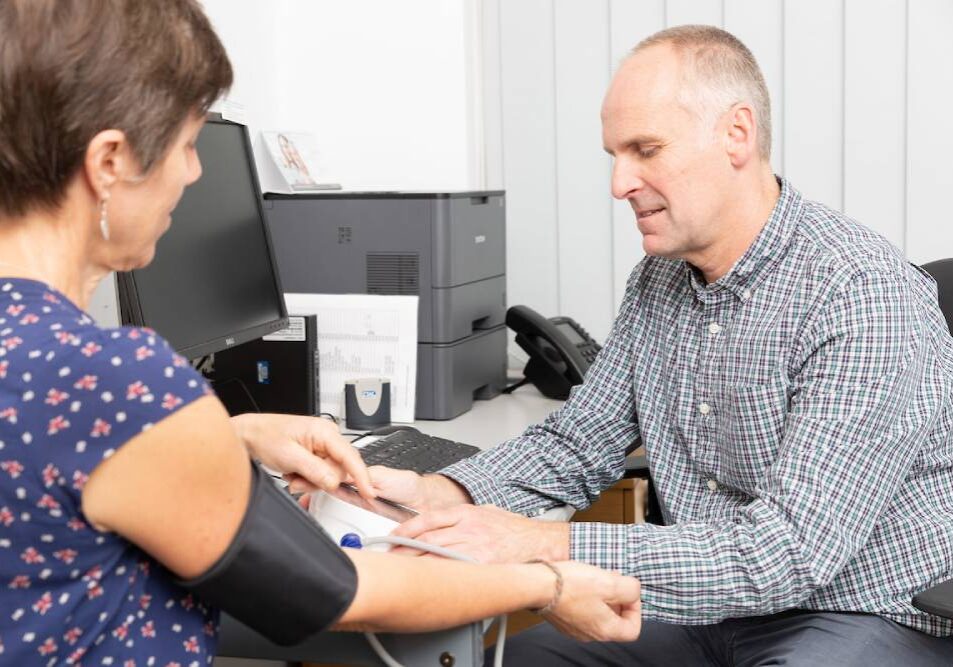Get to know the primary care professionals helping to see patients quicker

Patients in Bath and North East Somerset, Swindon and Wiltshire are finding it quicker to get the care they need thanks to the wide range of primary care professionals working in the region’s GP practices.
Health and care experts, such as practice nurses, clinical pharmacists, physiotherapists and healthcare assistants, work alongside GPs to ensure patients receive the most appropriate level of care from the right clinician.
Matching patients to the health and care professional who is most suited to their specific condition often means people get the help they need quicker than if they had to go through a GP.
Physiotherapists, for example, are experts in muscle and joint complaints, and can pinpoint a patient’s condition, and the correct recovery plan, in one single consultation.
Dr Amanda Webb, a Swindon-based GP and Chief Medical Officer for Bath and North East Somerset, Swindon and Wiltshire Integrated Care Board, said: “Our primary care teams are deliberately diverse, as the more health and care experts we have working under one roof, the more we can do for our patients.
“And with demand for primary care services high, assigning patients to a clinician that is most suited to their specific condition or need means we can see usually see patients quicker.
“In turn, this helps to ensure that GPs have more time to look after people who have a genuine need for a sit-down conversation with a doctor, such as those with symptoms that could be the early warning signs of cancer.
“Every person working in primary care at the moment is committed to helping people get the care and attention they need as quickly as possible, and I’d like to thank our local communities for their continued support and cooperation at this very busy time.”
A recent survey of the Our Health Our Future panel, which is made up of people living across Bath and North East Somerset, Swindon and Wiltshire, revealed that approximately 95 per cent of all who were asked would happily accept an appointment with a practice nurse.
The same survey also showed that 89 per cent of people would be happy to see another clinician, and that 81 per cent would also accept an appointment with a pharmacist.
Clinical pharmacists are often based in both GP practices and community pharmacies, with the latter offering patients a private consultation room in which the pharmacist can provide assessments, diagnoses and treatment plans, often without need for an appointment.
More information on what is available at GP practices, including the staff and services on offer, can be found online at www.nhs.uk. Further details on local health and care services, including community pharmacies, are available at www.bsw.icb.nhs.uk.
